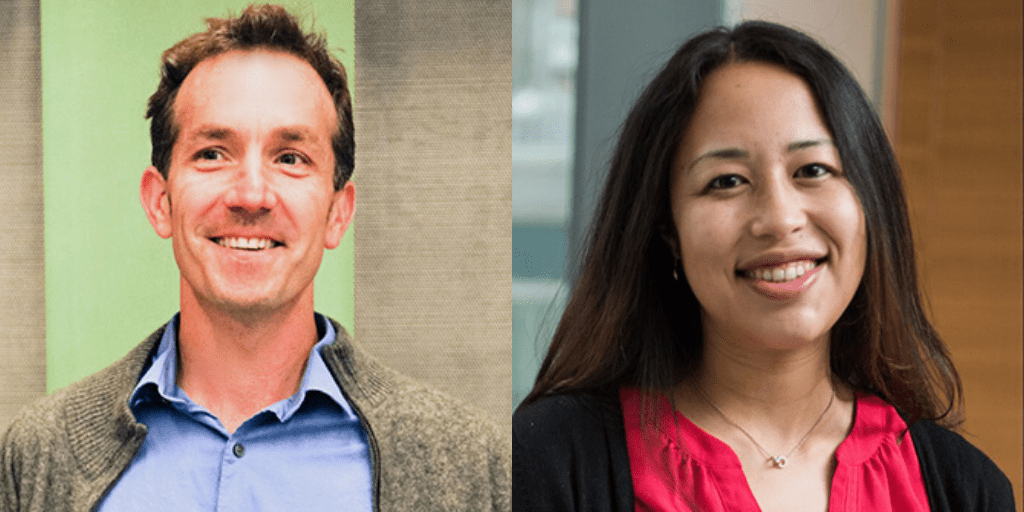Pan-Cancer Project discovers causes of previously unexplained cancers, pin-points cancer-causing events, and zeros in on mechanisms of development
February 05, 2020 | UCSC | Tim Stephens
An international team including researchers at the UC Santa Cruz Genomics Institute has completed the most comprehensive study of whole cancer genomes to date, significantly improving our fundamental understanding of cancer and suggesting new directions for its diagnosis and treatment.
Involving more than 1,300 scientists and clinicians from 37 countries, the ICGC/TCGA Pan-Cancer Analysis of Whole Genomes (known as PCAWG or the Pan-Cancer Project) analyzed more than 2,600 genomes of 38 different tumor types, creating a huge resource of primary cancer genomes. This was then the launch-point for 16 working groups studying multiple aspects of cancer’s development, causation, progression, and classification.
Previous studies focused on the 1 percent of the genome that codes for proteins. The Pan-Cancer Project explored in considerably greater detail the remaining 99 percent of the genome, including key regions that control switching genes on and off. By analogy, if the genome can be viewed as a recipe book for living cells and cancer as a process that makes changes to it, both large and small, then previous efforts looked for changes in the ingredient lists, while this new project also looks for alterations to the instructions for how those ingredients are used.
“This study, which provides the most complete picture to date of cancer-causing mutations in all parts of the genome, was a massive team science effort involving researchers spanning the globe,” said steering committee member Josh Stuart, the Baskin Professor of Biomolecular Engineering at UC Santa Cruz. “At UC Santa Cruz, our strengths in systems biology and RNA expression helped us connect findings in the previously unexplored noncoding genome with the pathways that lead to cancer. Like a charted map, this new work creates a reference and resource that researchers can use to interpret future data and physicians can use to guide treatment.”
In addition to serving on the project’s steering committee, Stuart led a working group that focused on the biological networks and pathways affected by the genetic changes in cancer cells. Other scientists affiliated with the UCSC Genomics Institute also made important contributions to the project, including Angela Brooks, assistant professor of biomolecular engineering, Jingchun Zhu, an associate research scientist at the Genomics Institute, and graduate students David Haan and Cameron Soulette.
